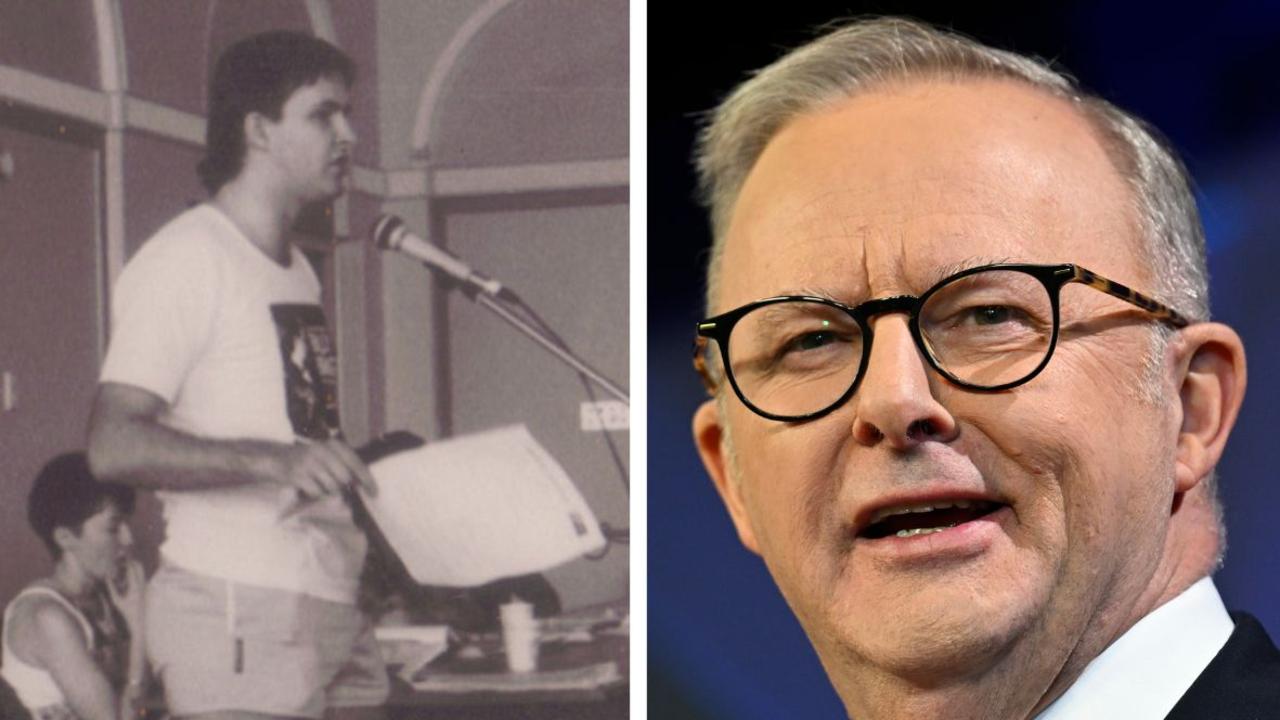Penny Wong says UK must own its colonial past to move forward in Indo-Pacific
Australia has taken aim at the United Kingdom, telling them to come to terms with their colonial past if the two countries are to modernise their relationships.
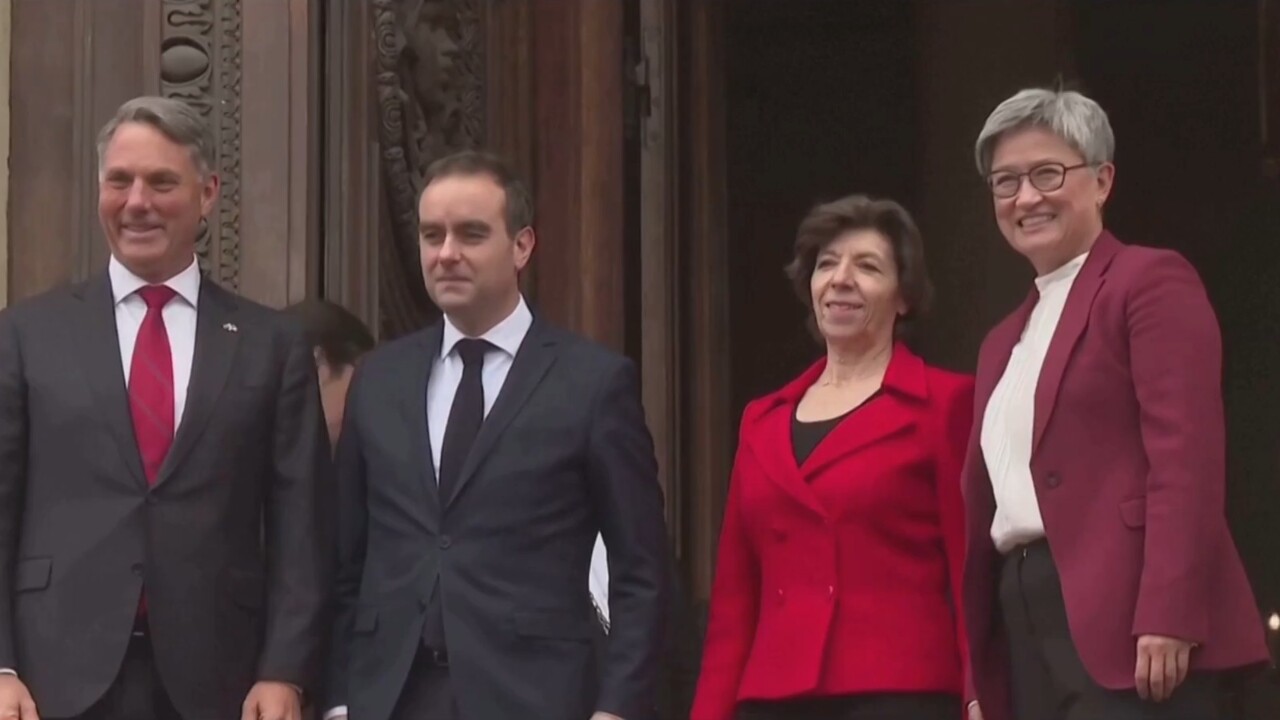
Australia has taken aim at the United Kingdom, telling them to come to terms with their colonial past if the two countries are to modernise their relationships with Pacific nations and stabilise the region against a rising China.
Foreign Minister Penny Wong, in a major policy speech to Kings College in London on Wednesday, said the character of the two countries 250-year relationship had changed, and urged the UK to be a partner in the region.
She used the speech to warn that a war in the Indo-Pacific would be “catastrophic”.
Drawing from her own past, Malaysian-born Senator Wong said countries with a colonial past like the UK would not find common ground if they remained “sheltered in narrower version” of their histories.
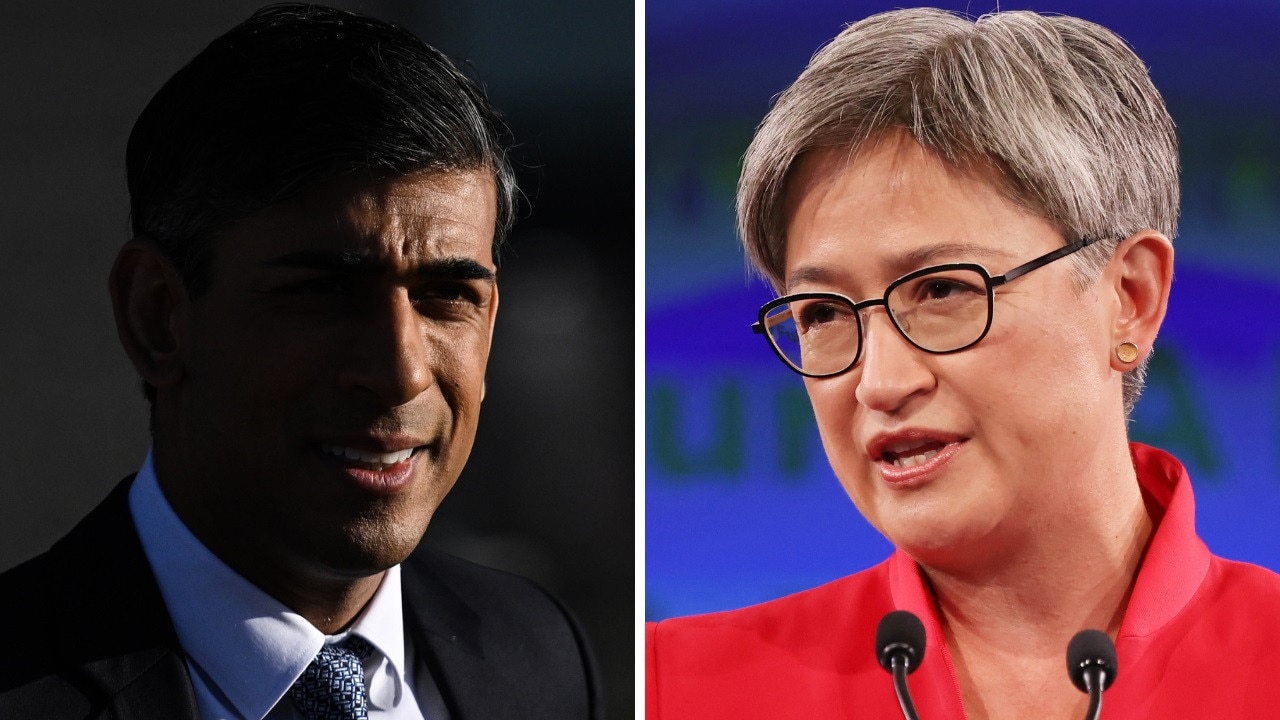
She recounted the story of how her father – descended from Hakka and Cantonese Chinese “laboured” for the British North Borneo company in tin mines and tobacco and timber plantations.
“Many worked as domestic servants for British colonists, as did my own grandmother,” Senator Wong said.
“Such stories can sometimes feel uncomfortable – for those whose stories they are, and for those who hear them.
“But understanding the past enables us to better share the present and the future.”
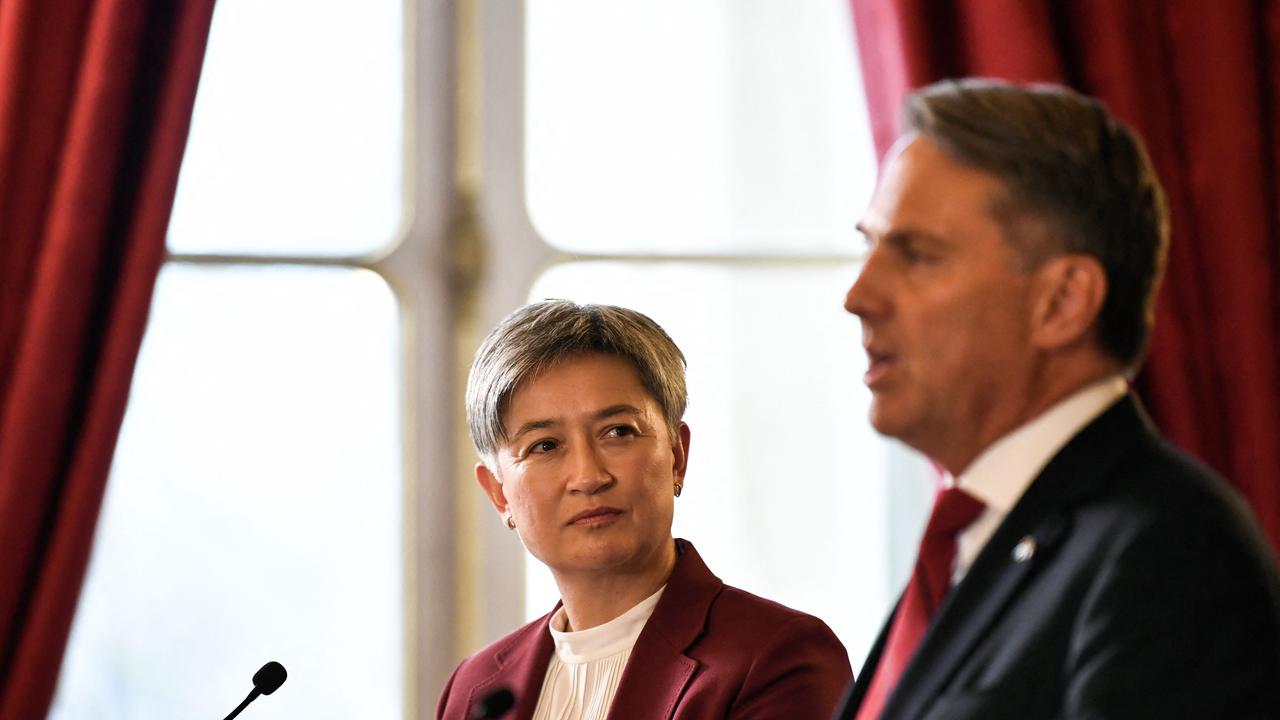
As she recounted the 250-year relationship through the scope of foreign policy, Senator Wong said that Australia now saw itself as “being in” and “being of” the Indo-Pacific.
She told the audience that if the UK were serious about engaging more strongly in the region, it must be committed to more than just the “security issues that can so dominate discussion”.
She applauded the UK’s increased diplomatic footprint, its commitment to economic prosperity, and its engagement in ASEAN.
“The Indo-Pacific does not only matter because of the opportunity it offers. It matters most consequentially to all of us because it is the region in which the reshaping of our world is centred,” she said.
Deputy Prime Minister and Defence Minister Richard Marles, who Senator Wong has this week travelled to Paris and London with, said he “completely agreed” with his Foreign Minister.
“It’s really important for all countries to think about their past in terms of providing a gateway for meaningful engagement in the future, and we want to see a Great Britain which is engaged in our region and they certainly seek to be that,” he told ABC News.
“Because if Britain is engaged in the Indo-Pacific, it will help provide stability in the Indo-Pacific, and that’s really important.”
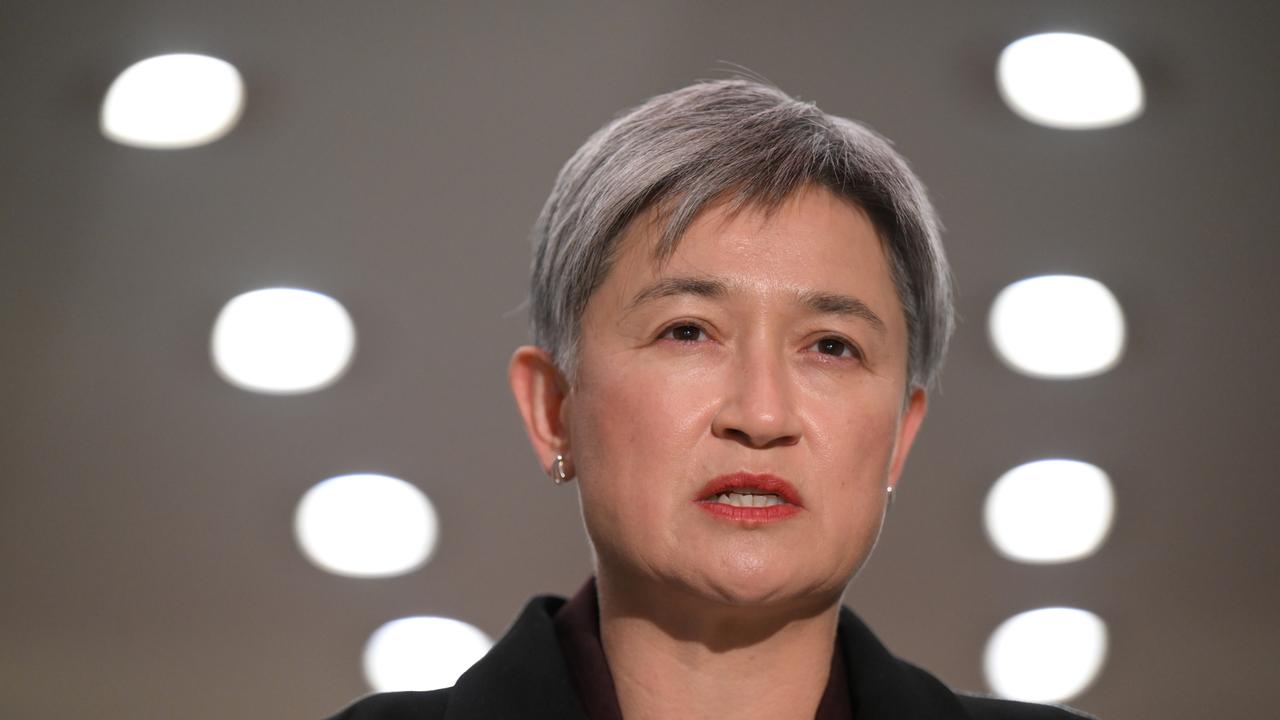
He added that Australia “very much welcomes” Britain’s “desired tilt” towards the Indo-Pacific.
“A greater presence of Great Britain in the Indo-Pacific (is) going to be really important in terms of the stability of our region in the future.”
Senator Wong’s speech comes as Australia prepares to make a decision on which AUKUS partner – either the UK or the United States – will provide Australia with nuclear submarines.
Citing the mounting strategic pressures the region faces given the might of China, Senator Wong said it was up to all countries – including the UK – to ask themselves: “how can we each use our national power, our influence, our networks, our capabilities, to avert catastrophic conflict?”
“Australia sees our investment in our future defence capabilities as essential for deterring conflict and maintaining a strategic balance in the Indo-Pacific,” she said.
“Our historic AUKUS partnership with the UK and the US will help us maintain our capability in the Indo-Pacific into the future, and complement our collective efforts to ensure regional stability and security.”



